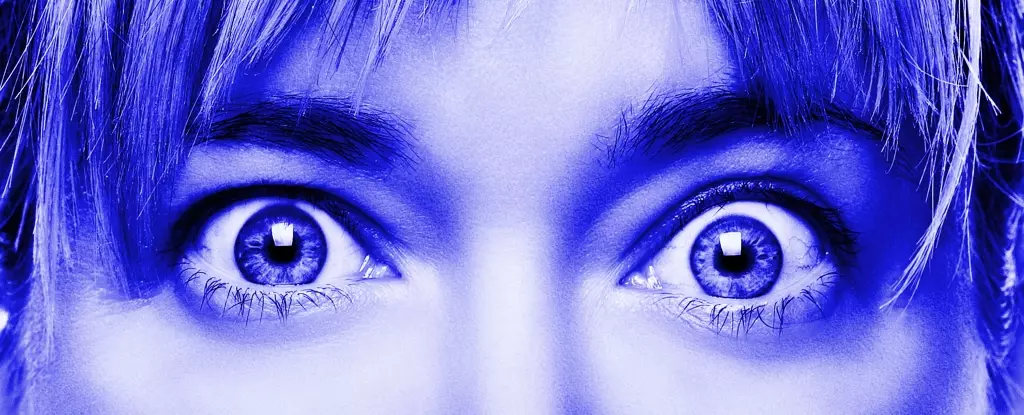The human mind has a complex relationship with repetition, manifesting in intriguing phenomena such as déjà vu and jamais vu. Déjà vu, often described as a sense of pastness associated with a novel experience, serves as a window into the inner workings of memory. Research has shown that déjà vu occurs when the brain’s familiarity detection mechanism becomes out of sync with reality. It acts as a form of fact-checking for the memory system, alerting individuals to this abnormality. On the other hand, jamais vu presents the opposite experience, where something familiar feels unreal or novel in an unsettling way. This phenomenon, which is even rarer than déjà vu, can lead individuals to perceive a known face as unfamiliar or lose track of a familiar passage of music, among other examples.
Recent research on jamais vu delves into the mechanism that underlies this peculiar phenomenon. By studying individuals’ experiences with jamais vu in daily life, researchers have uncovered instances where repetitive tasks or extended staring can induce feelings of unfamiliarity and confusion. In laboratory experiments designed to induce jamais vu, participants were instructed to repeatedly write the same word. Through this repetitive task, subjects often reported feelings of strangeness, leading them to stop due to sensations akin to jamais vu. Additionally, researchers found that familiar words tended to trigger jamais vu more frequently than less common ones. This sheds light on how our cognitive systems react to overloading of information and the subsequent loss of meaning in repetitive tasks.
The study of jamais vu represents a significant contribution to understanding the impact of repetition on cognitive processing. While it took researchers over a decade to publish their findings on jamais vu, the concept of the loss of associative power in words due to prolonged staring has been documented as far back as 1907. The ability of repetitive tasks to alter individual perceptions and create a sense of unreality has long been recognized, illustrating the enduring fascination with the interplay between repetition and cognition. By identifying jamais vu as a distinct signal of cognitive overload and automatization, researchers have opened up new avenues for investigating how our minds adapt to repetitive stimuli.
Implications for Understanding Cognitive Flexibility and Mental Health
The concept of jamais vu has implications beyond its immediate effects on perception and memory. As a key indicator of satiation and cognitive overload, jamais vu highlights the need for cognitive flexibility in navigating repetitive tasks and stimuli. Research into verbal transformations and obsessive-compulsive disorder (OCD) suggests that prolonged exposure to repetitive stimuli can lead to a loss of reality and a distorted perception of the environment. By understanding how jamais vu disrupts automatic processing and prompts a reality check, researchers may uncover insights into treating conditions like OCD. Ultimately, the recognition of jamais vu as a protective mechanism that prevents cognitive stagnation underscores the importance of maintaining cognitive flexibility in the face of repetitive stimuli.
The enigmatic relationship between repetition and the mind continues to intrigue researchers and lay the foundation for future studies on cognitive processing. Through exploring phenomena like jamais vu, scientists aim to unravel the complexities of how our minds adapt to repetitive tasks and stimuli. By recognizing the unique role of jamais vu as a reality check amidst cognitive overload, researchers hope to shed light on the mechanisms that govern our perception and cognition in the face of repetition.


Leave a Reply